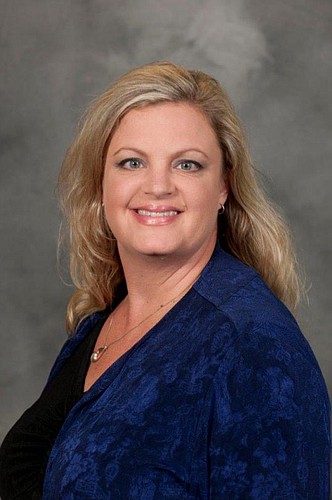
While most attorneys will never turn away a request to represent a child on a pro bono matter, children still make up a staggering majority of underrepresented parties in civil litigation today.
According to the Florida Commission on Access to Justice Interim Report issued Oct. 1, more than 1 million children live in poverty and over 19,000 children are in Florida’s foster care system.
Compound these phenomena with the stark reality that over 65 percent of all family court actions involve one or more unrepresented parties in Florida.
Yet, attorneys can’t find steady full-time legal jobs, the cost of legal education is expensive and asking lawyers to work for free is a big ask, even if it is strongly recommended by The Florida Bar.
So, as a self-policing body, how do we lawyers solve this dilemma that we find ourselves in?
Because, children who are involved in the justice system aren’t just kids.
They are kids in crisis who are poor, homeless, abused, disabled, neglected, dependent children. They need a voice. And they need it now.
This month, legal aid practitioners, nonprofit attorneys, law professors, IT experts and others interested in solving access to justice issues met in Orlando for a Legal Aid Access to Justice Summit sponsored by The Florida Bar Foundation.
While not specifically focused on access to courts by children, child advocates were present and in full-on brainstorming mode to determine the best way we — collectively, as lawyers, courts, clerks and agencies — could better serve our vulnerable youth.
Florida Coastal School of Law student Frank Fedorczyk was invited to participate in the summit. He serves in the disability and public benefits clinic, where he assists developmentally disabled children transition into adult life by working on Guardian Advocacy petitions for caregivers and Medicaid and Social Security cases for the disabled.
Fedorczyk’s concept of a multi-disciplinary activity park for disabled children and adults complete with legal services for caregivers and the disabled was received well at the summit.
“I was surprised to see how well everyone from the legal aid community comes together to discuss new ideas and discuss the access to justice crisis,” he said.
“Everyone has a general respect for one another. They are all trying to make the community better under the legal aid umbrella,” he continued. “I was surprised that nobody at my table knew each other before yesterday. They seemed like they had been colleagues for years.”
What was different about this conference was the energy and the participation. Instead of droning on about the depressing funding crisis facing legal aid organizations, money wasn’t discussed.
In fact, money wasn’t even an issue.
The focal point was client-focused innovation. How are we as attorneys, as social workers, doctors, business leaders, teachers — as a community — going to solve the justice gap?
The attorneys with some of the biggest hearts and the smallest paychecks came up with some pretty creative ideas, many of which were designed to help children and families on the verge of crisis.
When observing the enthusiasm of the conference goers, Fedorczyk added, “It was nice to see how focused and passionate attorneys are about expanding access to legal services.”
Projects centered on connectedness through technology, community, faith and schools. Instead of forcing clients to bring their problems to an office, goals included making it possible for clients to get their problems to the lawyer either within their own communities or through technology.
Medical/legal partnerships, faith-based legal services, web-based applications and streamlined information technology case management were all proposed innovations to resolve the gaps keeping our low- and middle-income individuals from access to our courts.
“The brainstorming process that we used to come up with ways to make legal services more accessible was really useful,” Fedorczyk said. “I think we need to bring it back to Coastal (law school) and have students engage in this exercise for continuous improvement of our delivery of services to our clients.”
What a great suggestion for all of us to take back to our work environments to evaluate how we can provide access to justice for our underserved populations.
The Family and Children Section will be sponsoring an Attorney ad Litem training and recruiting Seminar in April.
Stay tuned for more information on how you can make a huge impact in the life of a child.